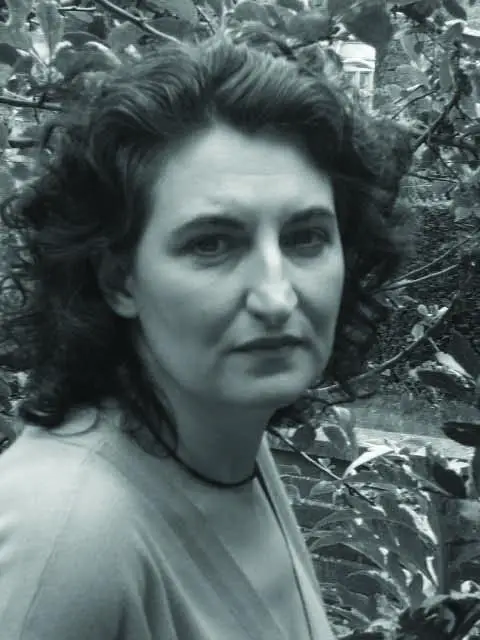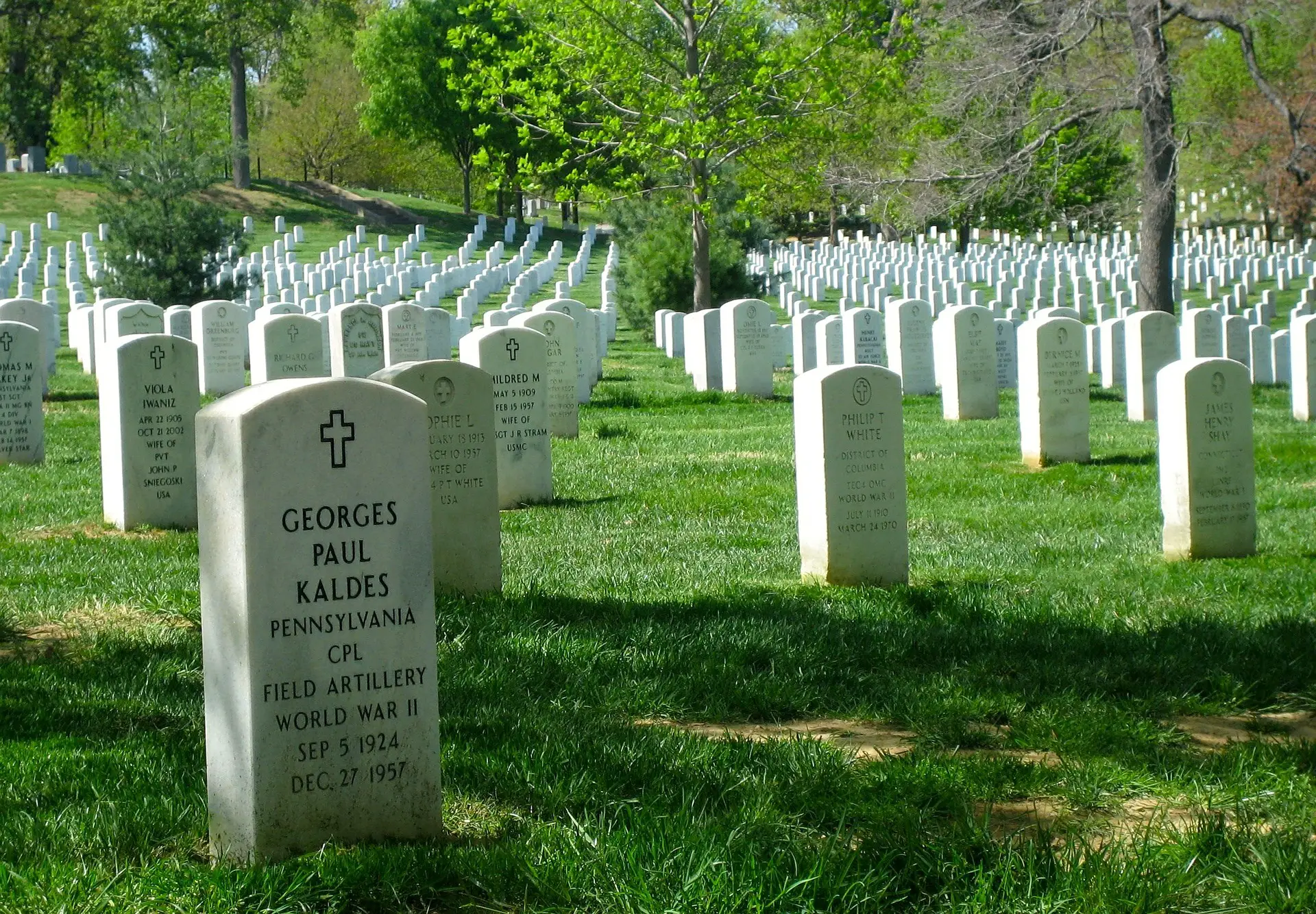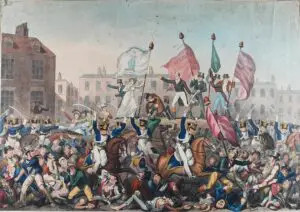
FULL POEM - SCROLL DOWN FOR LINE-BY-LINE ANALYSIS
Three days before Armistice Sunday
and poppies had already been placed
on individual war graves. Before you left,
I pinned one onto your lapel, crimped petals,
5 spasms of paper red, disrupting a blockade
of yellow bias binding around your blazer.
Sellotape bandaged around my hand,
I rounded up as many white cat hairs
10 as I could, smoothed down your shirt’s
upturned collar, steeled the softening
of my face. I wanted to graze my nose
across the tip of your nose, play at
being Eskimos like we did when
15 you were little. I resisted the impulse
to run my fingers through the gelled
blackthorns of your hair. All my words
flattened, rolled, turned into felt
slowly melting. I was brave, as I walked
with you, to the front door, threw
it open, the world overflowing
like a treasure chest. A split second
and you were away, intoxicated.
25 After you’d gone I went into your bedroom,
released a song bird from its cage.
Later a single dove flew from the pear tree,
and this is where it has led me,
skirting the church yard walls, my stomach busy
30 making tucks, darts, pleats, hat-less, without
a winter coat or reinforcements of scarf, gloves.
On reaching the top of the hill I traced
the inscriptions on the war memorial,
35 leaned against it like a wishbone.
The dove pulled freely against the sky,
an ornamental stitch, I listened, hoping to hear
your playground voice catching on the wind

LINE-BY-LINE ANALYSIS
STANZA 1
Three days before Armistice Sunday
The poem references ‘Armistice Sunday’ which acts as a symbol for grief and loss, setting a mournful tone.
and poppies had already been placed
The imagery of the ‘poppies’ is a piece of emotive symbolism that signifies the bloodshed of war as well as the mourning of those who have lost loved ones.
on individual war graves. Before you left,
The narrator directly addresses the man we presume to be her son who is leaving for the war. The direct address adds to the emotive tone and the temporal marker ‘before’ shows how she is reminiscing upon the time they previously shared.
I pinned one onto your lapel, crimped petals,
She pins a poppy onto his blazer. The ‘crimped petals’ describe the slightly damaged, imperfections of the poppy. The link between the imperfections of the ‘poppy’ and the hope it symbolises, signifies a sense of broken hope of the narrator, likely of her son’s safety.
spasms of paper red, disrupting a blockade
The image of ‘spasms of paper red’ is of rich analytical potential. The ‘spasms’ provoke an image of unnatural, painful, distressing death or injury, the ‘red’ is a metaphor of the bloodshed of war and ‘paper’ implies a disposability and weakness which Weir relates to the loss of life on the battlefield.
of yellow bias binding around your blazer.
There is a satisfying, if not disturbing, symmetry between a schoolchild going off to school in their ‘blazer’ leaving their mother and this man leaving for war. Weir is striking the comparison and makes the reader question if these young men are really all that different from young school children.
STANZA 2
slowly melting. I was brave, as I walked
In this context, I view the ‘melting’ as relating to the ‘melting’ of the narrator’s heart. This is an idiom that describes one’s emotions overflowing and becoming overwhelming.
with you, to the front door, threw
The ‘front door’ conveys both literal and metaphorical meanings. Metaphorically, it acts as a threshold between the world of domestic living the boy has experienced and the battlefields of the future. All of the memories the narrator has of her son become separated from his present-day being by the door as well.
it open, the world overflowing
like a treasure chest. A split second
The simile ‘like a treasure chest’ relates to the emotions of both the man and his mother. As he leaves the adventure and glory that ‘treasure’ connotes his naïve perception of newfound freedom and his childlike excitement. For the mother, ‘overflowing’ signifies her inability to control her emotions anymore as he leaves.
and you were away, intoxicated.
‘Intoxicated’ may seem a strange word choice due to its association with drunkenness and lost control. However, it fits perfectly to describe the man’s adrenaline rush of freedom and naïve excitement causing him to think irrationally.
After you’d gone I went into your bedroom,
released a song bird from its cage.
The release of ‘a song bird’ is a metaphor that relates to the newfound freedom of the man – note how ‘cage’ (signifying his former domestic life) seems very constrictive and oppressive. Another interpretation of this metaphor is that the mother is releasing her emotions which she has bottled up as though they were caged.
Later a single dove flew from the pear tree,
A ‘dove’ is a symbol of peace and often for new life. The fact that it is a single dove could foreshadow something bad happening to the man as this sense of isolation creates a sense of broken hope.
and this is where it has led me,
skirting the church yard walls, my stomach busy
The dove leads her to a ‘church’. Naturally, this is a significant symbol as, although churches have religious significance of hope, unity and devotion, they also house the dead – hinting that the ‘dove’ has led her to the grave of her son.
making tucks, darts, pleats, hat-less, without
a winter coat or reinforcements of scarf, gloves.
Her exposure to the cold is a metaphor for her vulnerability to be confronted with her son’s grave. ‘Reinforcements’ is an example of military imagery and the lack of them, in this case, could relate to the isolation of her son in the graveyard, hence, further foreshadowing this tragedy.
STANZA 3
Strangely apart, yet strangely close together,
This line is ambiguous due to its paradoxical nature but the hidden meaning is that despite their seemingly isolated state now, psychologically they have an odd closeness that isn’t bred from passion but understanding due to the length of their relationship.
Silence between them like a thread to hold
This line implies that the silence between them is holding strong despite the thread’s fragile nature.
And not wind in. And time itself’s a feather
Touching them gently. Do they know they’re old,
The effects of time upon them are personified in these two lines and time is described to be ‘feather touching them gently’. This describes the passing of time – the seconds ticking with every touch of the feather. The imagery of the ‘feather’ is soft, natural and gentle. There are not hurtling through life towards death but steadily progressing towards it bit by bit.
These two who are my father and my mother
We learn that the poem has been focusing on the parents of the poet. The direct address to them (‘my) is significant because it shows that she still holds a connection to both of them which juxtaposes their separation. Their separation is further emphasized when the speaker addresses them as separate entities – ‘father’ and ‘mother’ not parents.
Whose fire from which I came, has now grown cold?
The ‘fire’ is a metaphor for the passion and love that was in their relationship which juxtaposes with its barren, non-sexual nature now. The rhetorical question is from ‘Do they know they’re old’ 2 lines ago and suggests that the passing of time may have slipped past them as they shut themselves away from reality and the outside world.
STANZA 4
On reaching the top of the hill I traced
The hill objectifies the emotional challenge that she has had to overcome. Now at the top, It also represents that she could be at the pinnacle of this distress.
the inscriptions on the war memorial,
leaned against it like a wishbone.
‘A wishbone’ is designed to give good luck, which contrasts the tragic foreshadowing of the previous stanza. Its fragility is also important as it signifies her emotional vulnerability.
The dove pulled freely against the sky,
This image is subtly tragic, as the ‘dove’ flies away from the hope and peace that it personifies leaves the narrator.
an ornamental stitch, I listened, hoping to hear
your playground voice catching on the wind.
The nostalgic tone returns as the narrator longs to hear his voice when he played in the playground. This longing and the fact that she hears nothing cements our conception of his death.


